Coastal outposts / Global
Changing tides
Southern Portugal has long been a popular destination among sun-seeking holiday-makers but now a new generation of entrepreneurs is putting down roots in the Algarve in search of a higher quality of life.
Thousands of Portuguese fled António de Oliveira Salazar’s dictatorship and emigrated to Paris in the 1960s, seeking a better life. In 2018, Christophe de Oliveira surprised himself by making the journey that his parents had made in reverse: he and his wife, Angelique, left the French capital with their two children, Victor and Eduard, to live and work in southern Portugal. “We initially just planned to come for a year,” says de Oliveira. “Then we decided to stay.”
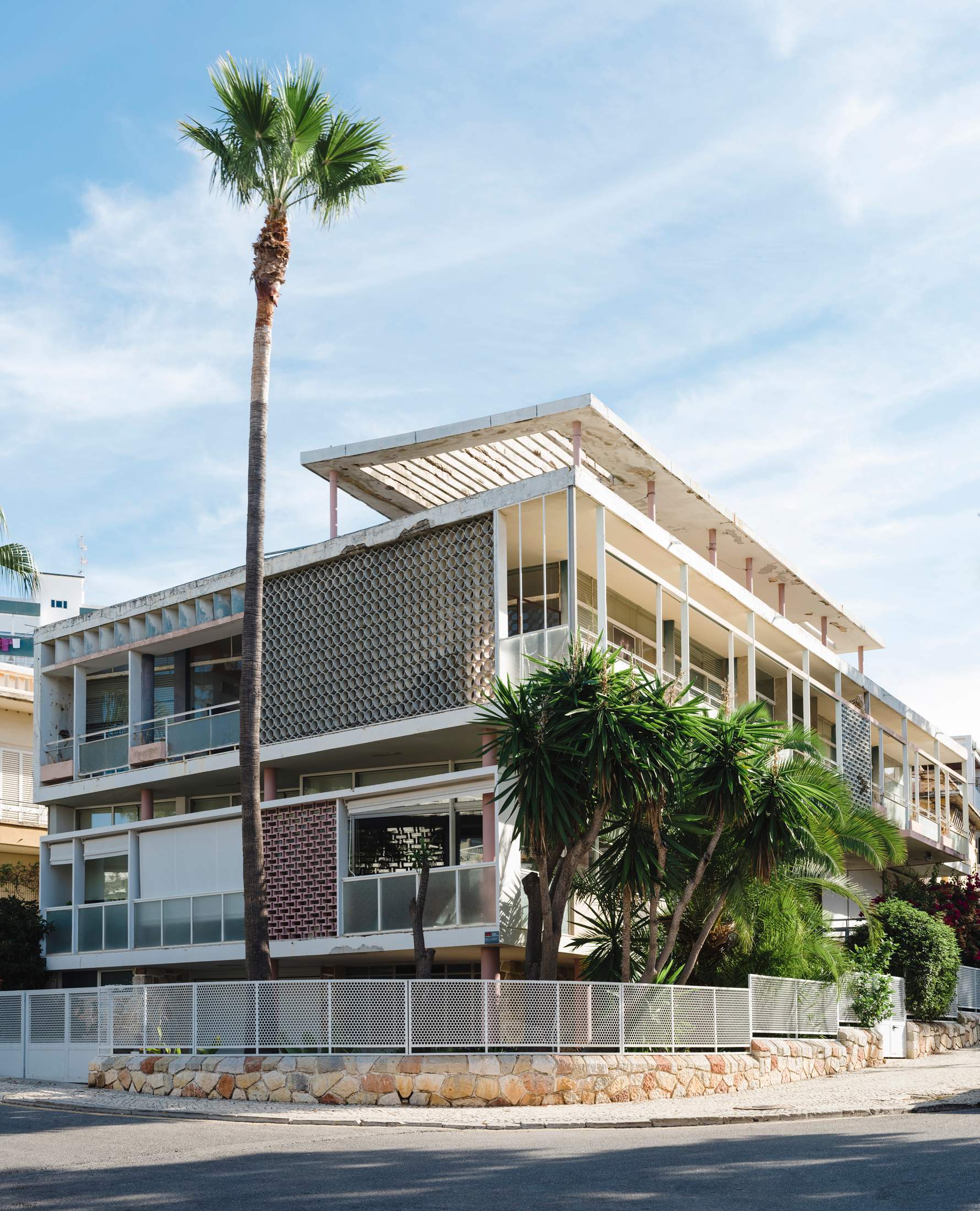
Casa Gago, one of the city’s many modernist buildings
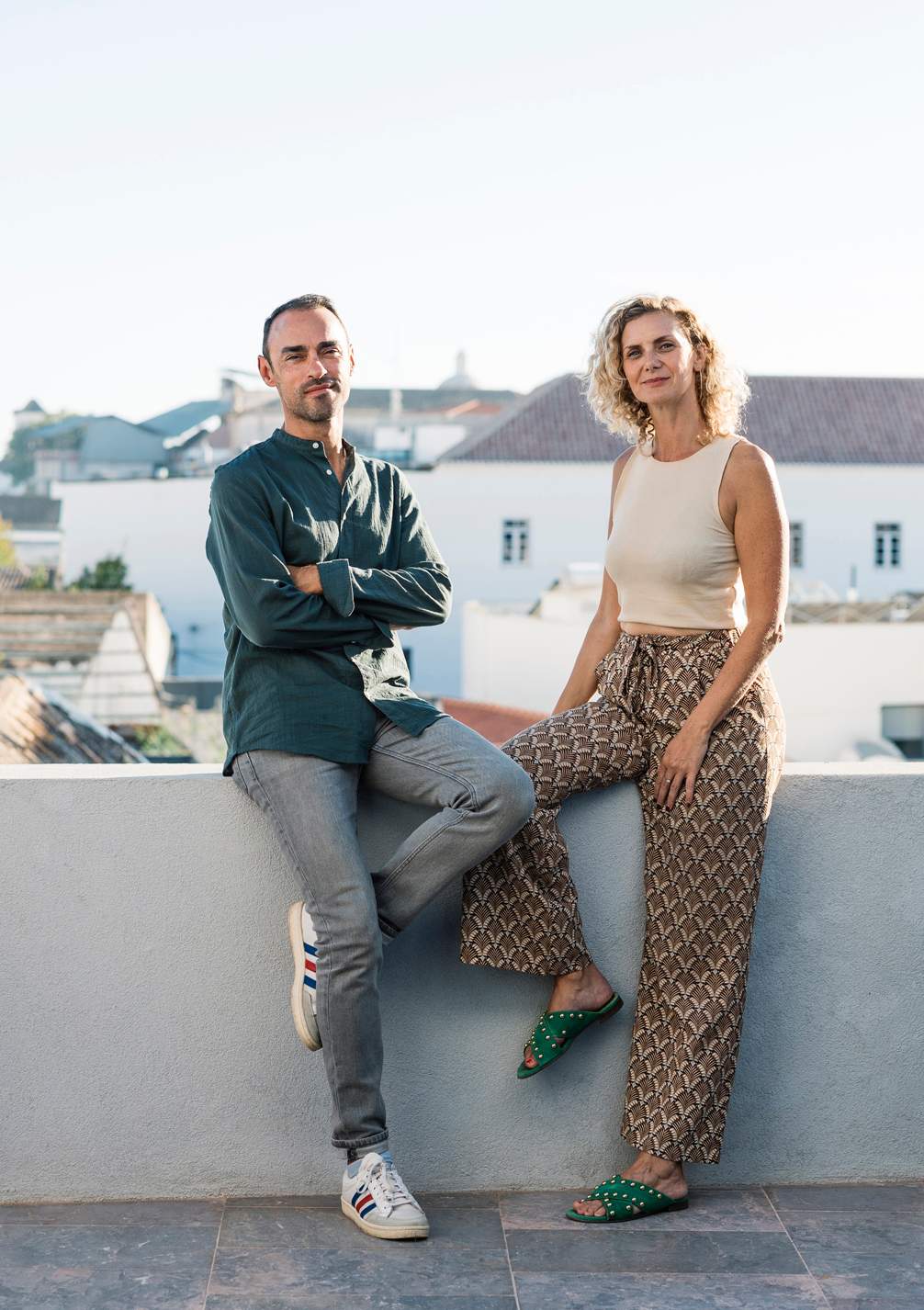
Among their first projects was the renovation of a neglected 1970s building in Faro’s city centre. “People used to say that it was the ugliest building in the city,” says Angelique. After three years of painstaking work (“You have to be patient and adjust to the local rhythm,” she says), it opened for guests in 2021 as The Modernist, a striking six-suite hotel. “For us, Faro is a sleeping beauty,” says Angelique, referring to the city’s beautiful yet long-overlooked building stock.
Architect Gonçalo Vargas has diligently catalogued many of the 500 modernist buildings in this coastal city of just 59,000 inhabitants. He draws our attention to Casa Gago, which was designed by the influential modernist architect Manuel Gomes da Costa in the early 1950s for a Portuguese client. “It’s very impressive how Gomes da Costa produced such contemporary work in this remote area of the country,” says Vargas.
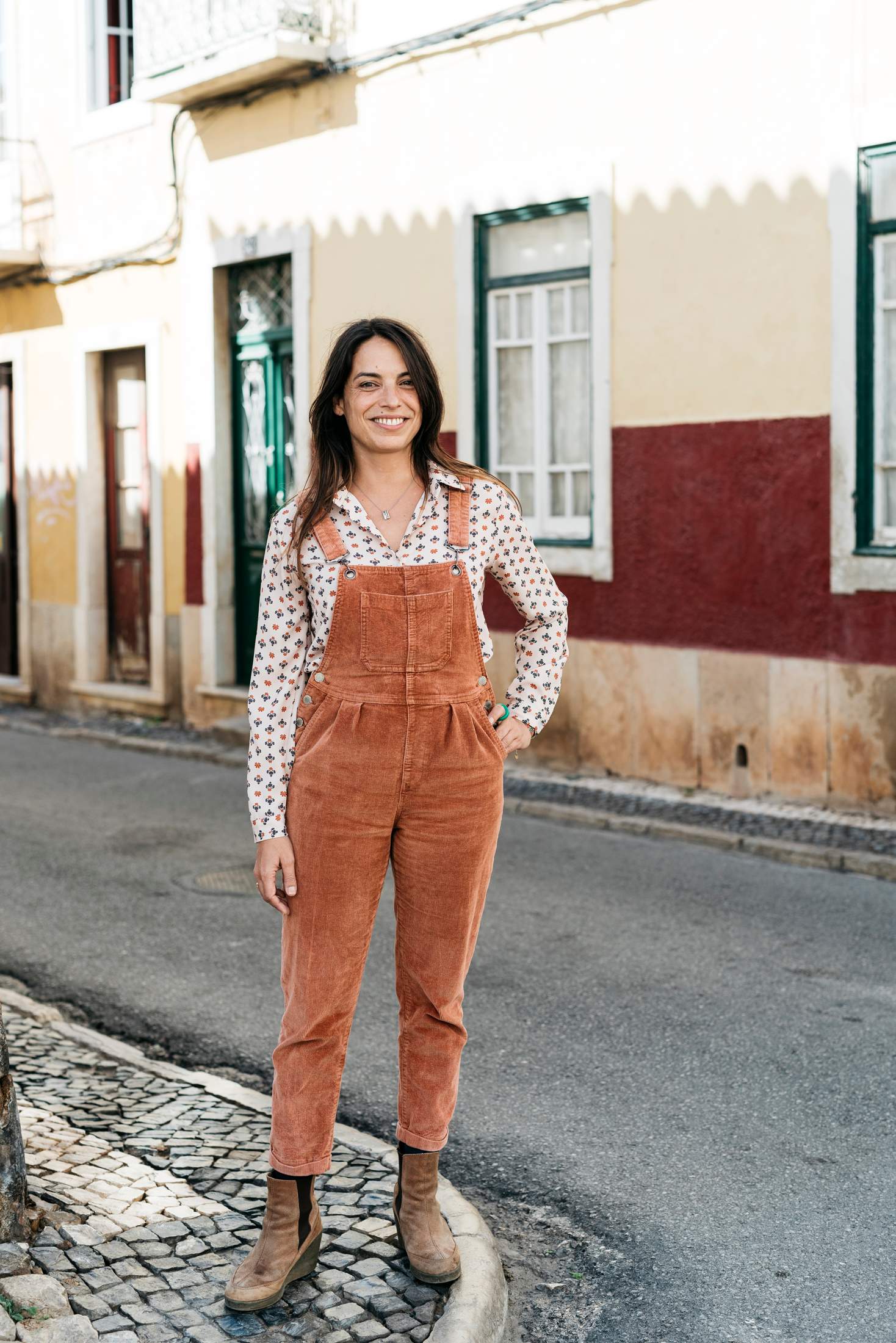
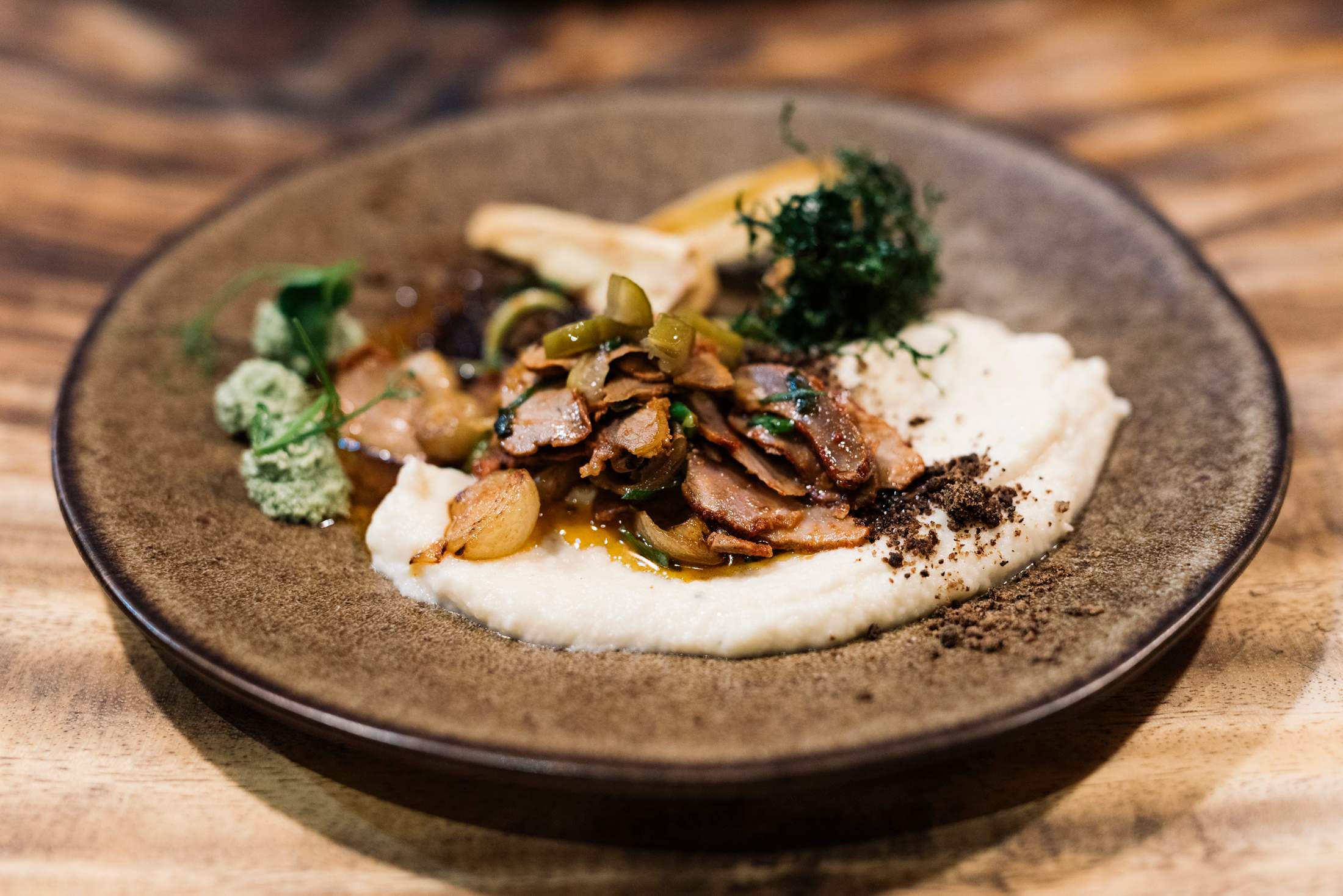
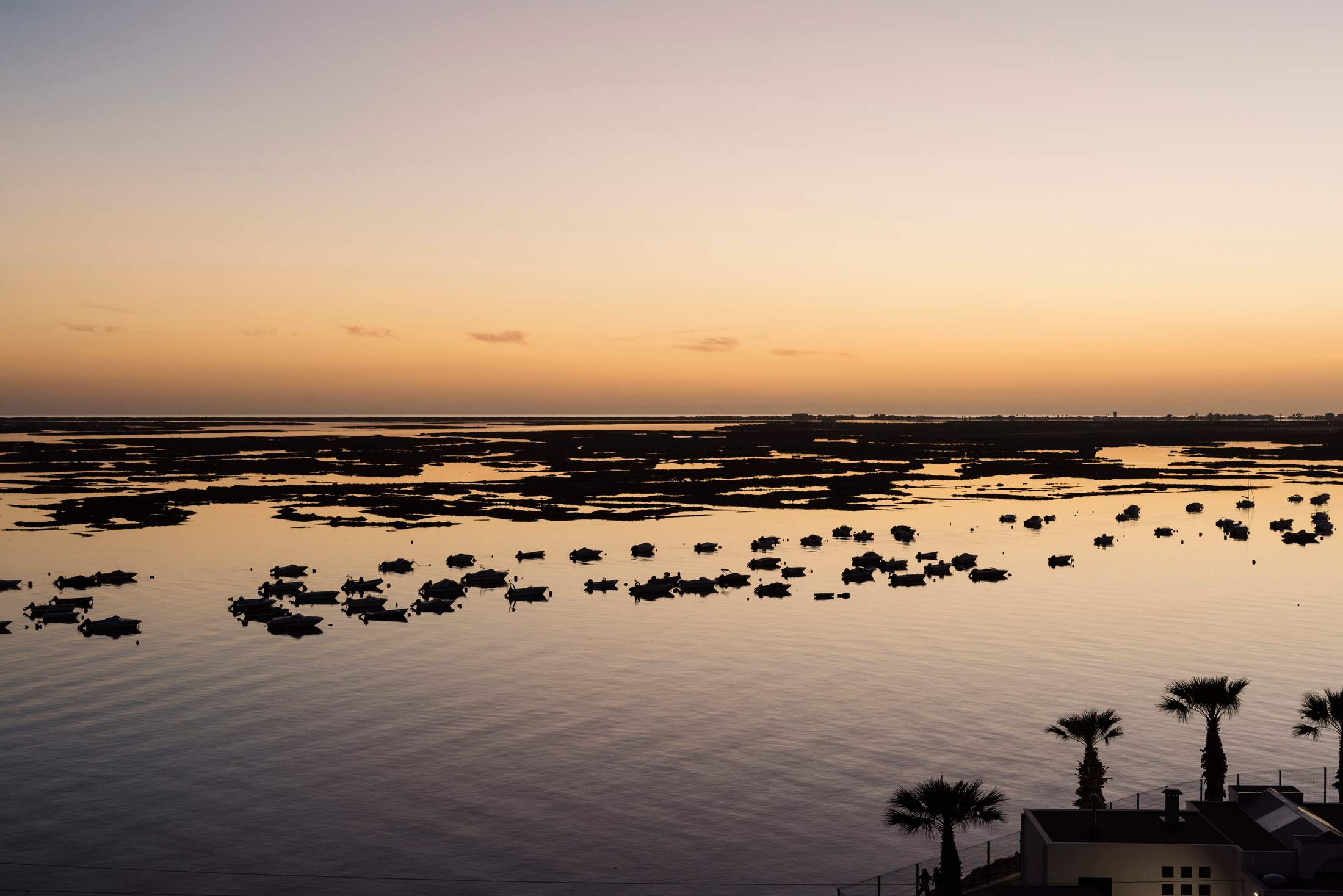
Sunset on the Canal de Faro
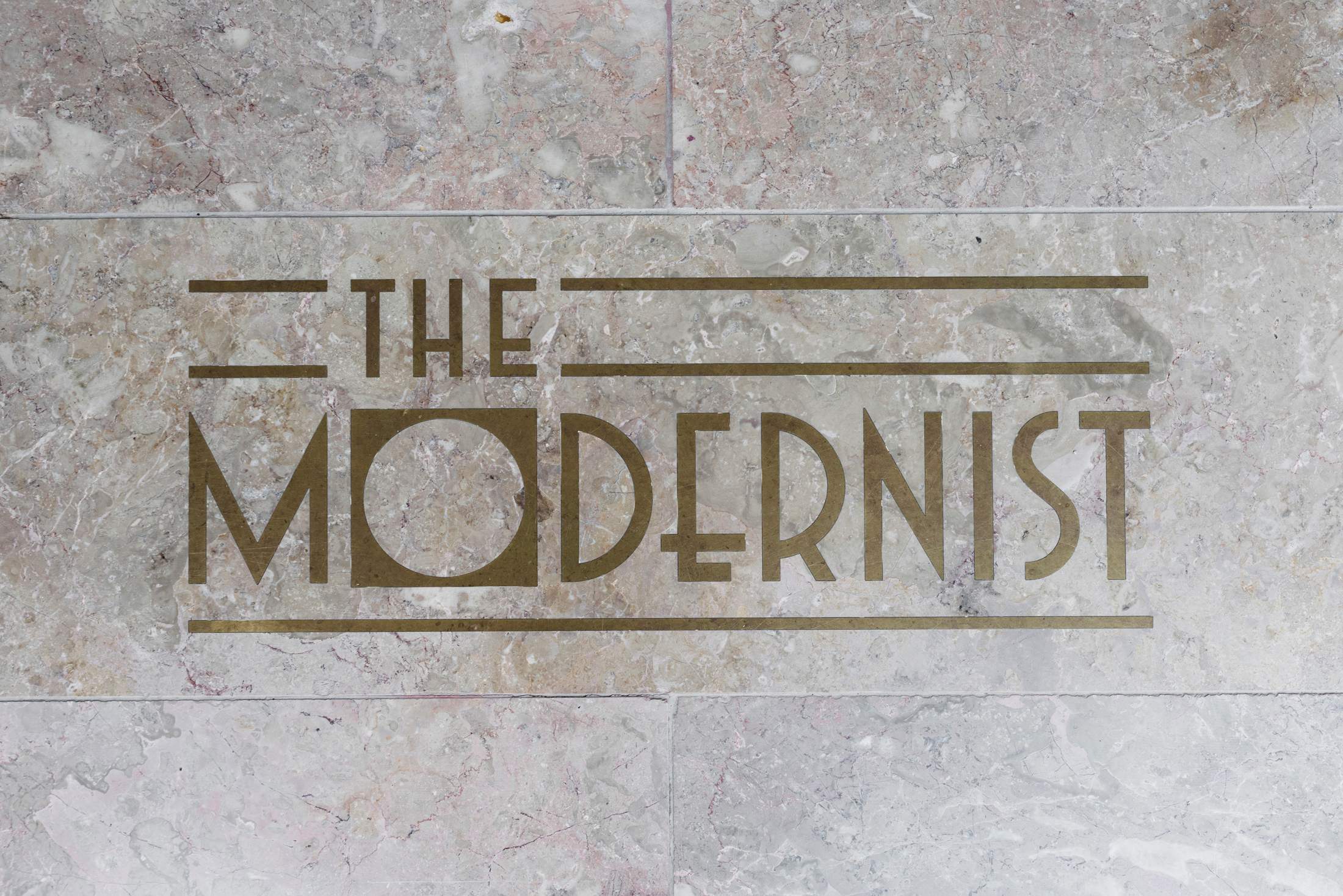
Despite being the capital of the Algarve, Faro has never been the region’s main attraction – but things are slowly changing. Today the city is pushing a new narrative about itself as a place to stay, rather than somewhere to travel through; it is drawing attention to its relaxed pace of life, rich history and recent influx of start-ups. Both Christophe and Angelique de Oliveira volunteer at the Algarve Tech Hub and believe that attracting the right talent and investment could transform Faro into a “mini Silicon Valley”. That’s a big ambition but they’re not alone in seeing some signs of progress. The pandemic has forced many people to reconsider their quality of life and ask whether their work and leisure times could be spent somewhere quieter, sunnier and more affordable – somewhere like Faro.
In 2017, innovation consultant Raquel Ponte, a former journalist, decided to make a career move of her own. She started working for the Faro delegation of Berlin-based digital media company Turbine Kreuzberg, where she met her partner, Austrian-Iranian programmer Rozbeh Sharahi. In early 2021 she started acting as a consultant for entrepreneurs who wanted to set up new projects and break away from the “monoculture of tourism” that dominated the conversation in the Algarve. “There are many opportunities for those willing to take risks and do things differently,” says Ponte.
“You have to be patient and adjust to the local rhythm. For us, Faro is a sleeping beauty”
But it’s not just the technology industry that is inspiring people. João Currito was in Australia the first time he saw a chocolate-like sweet made from the pods of the carob tree. Currito had grown up surrounded by the trees but their fruit had been used only “to feed pigs and the poor”, he says. When he found out that they could be used as a substitute for cocoa, he saw an opportunity. In 2015, after 20 years as a globetrotting project manager, he decided to turn this “highly neglected” raw material into a business. Working with the food engineering and entrepreneurship divisions of the University of Algarve, he and his partner, Ana Paula Appel, launched Carob World in 2019, a line of snacks and spreads that are now sold across Europe, Asia and the Middle East.
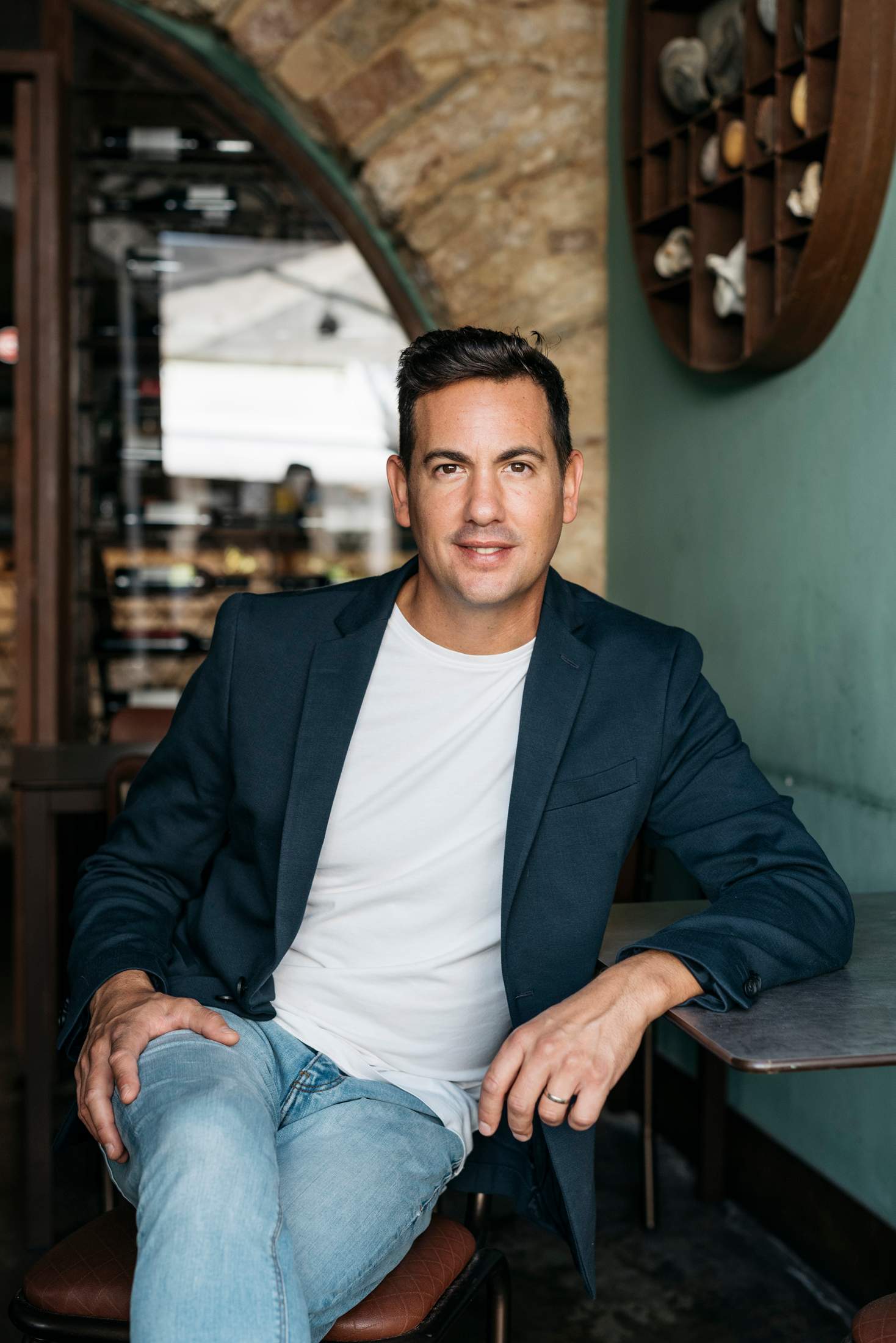
Miguel Gião, co-founder of Lodo, at his restaurant
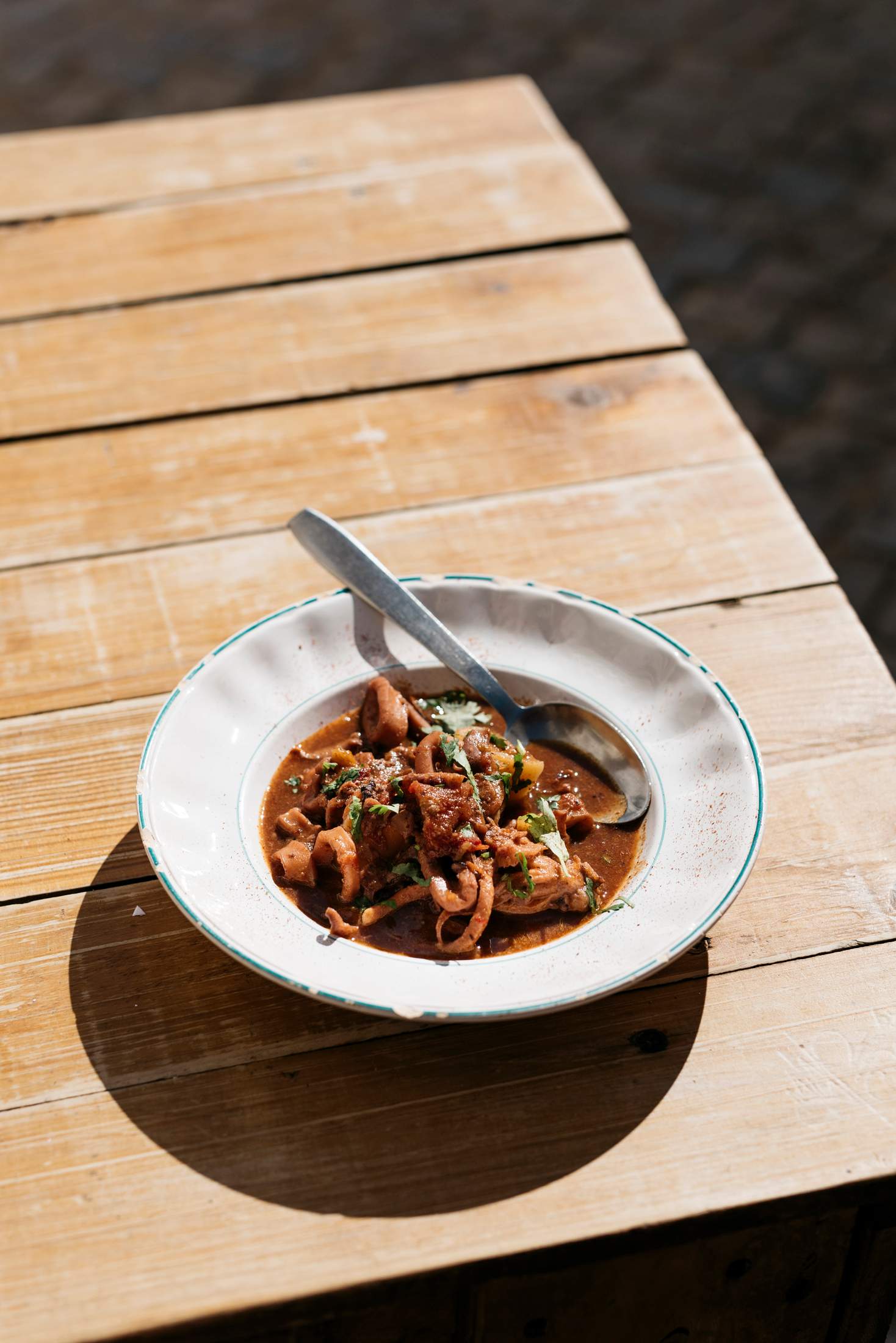

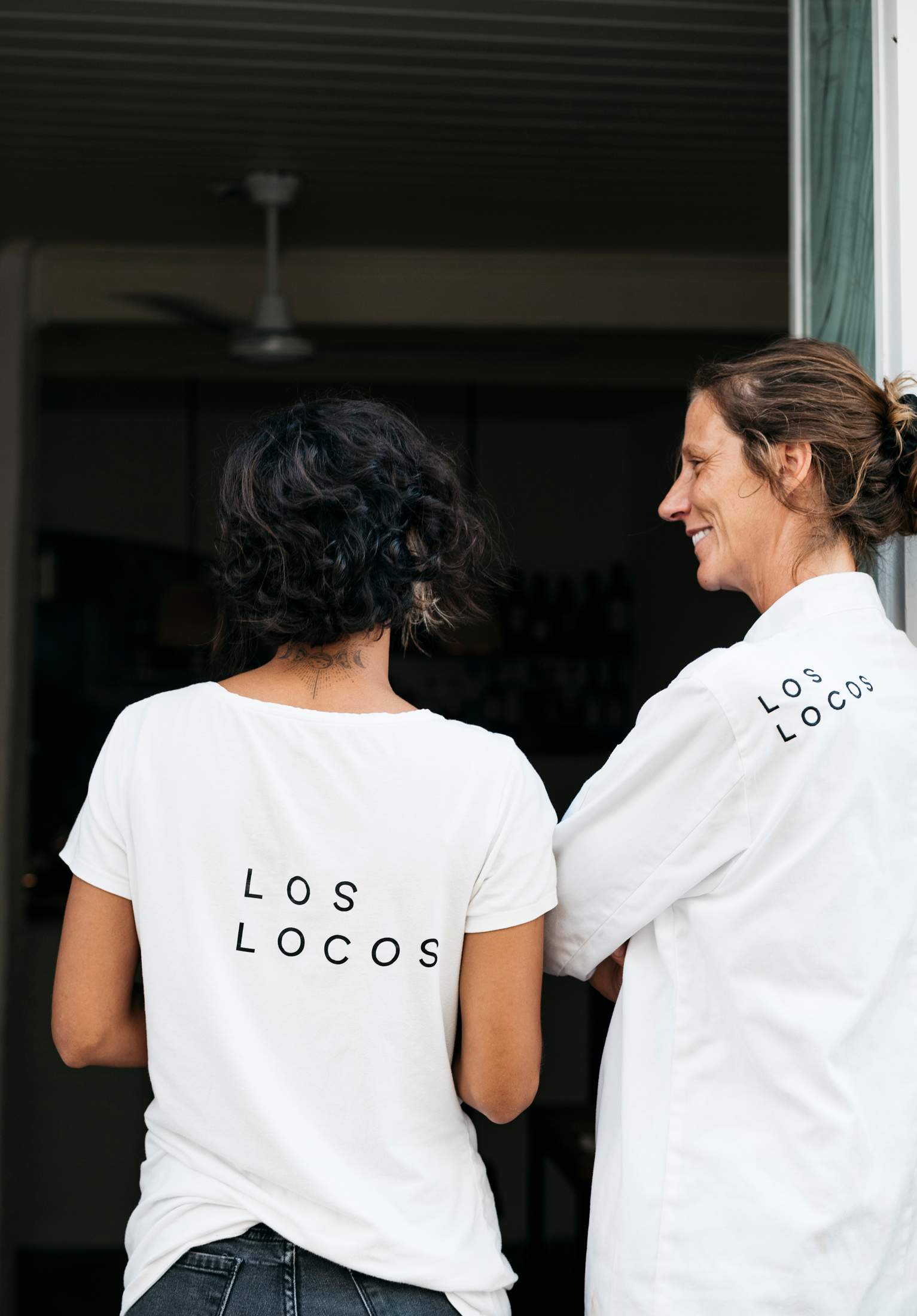
Kitchen staff at Los Locos restaurant
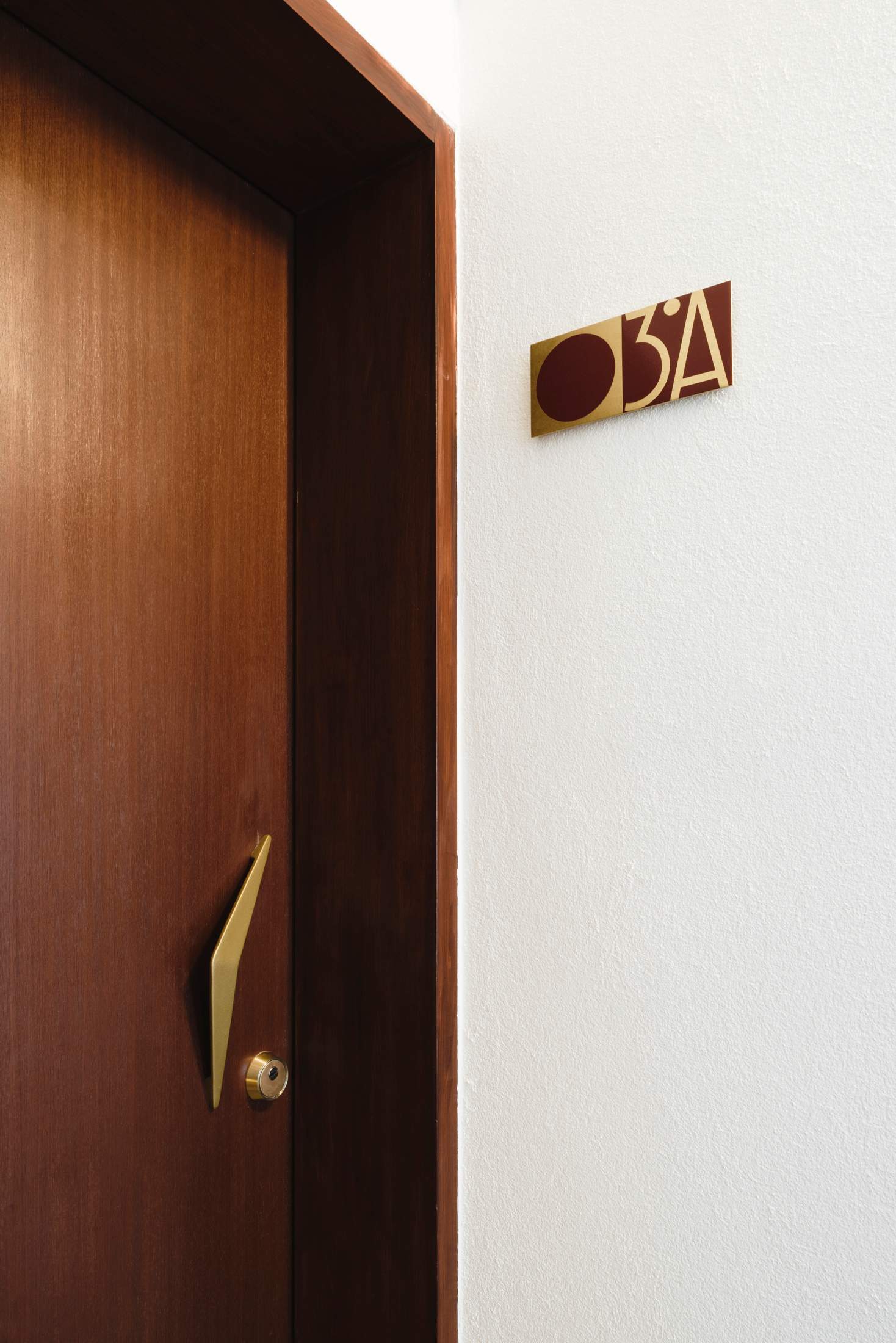
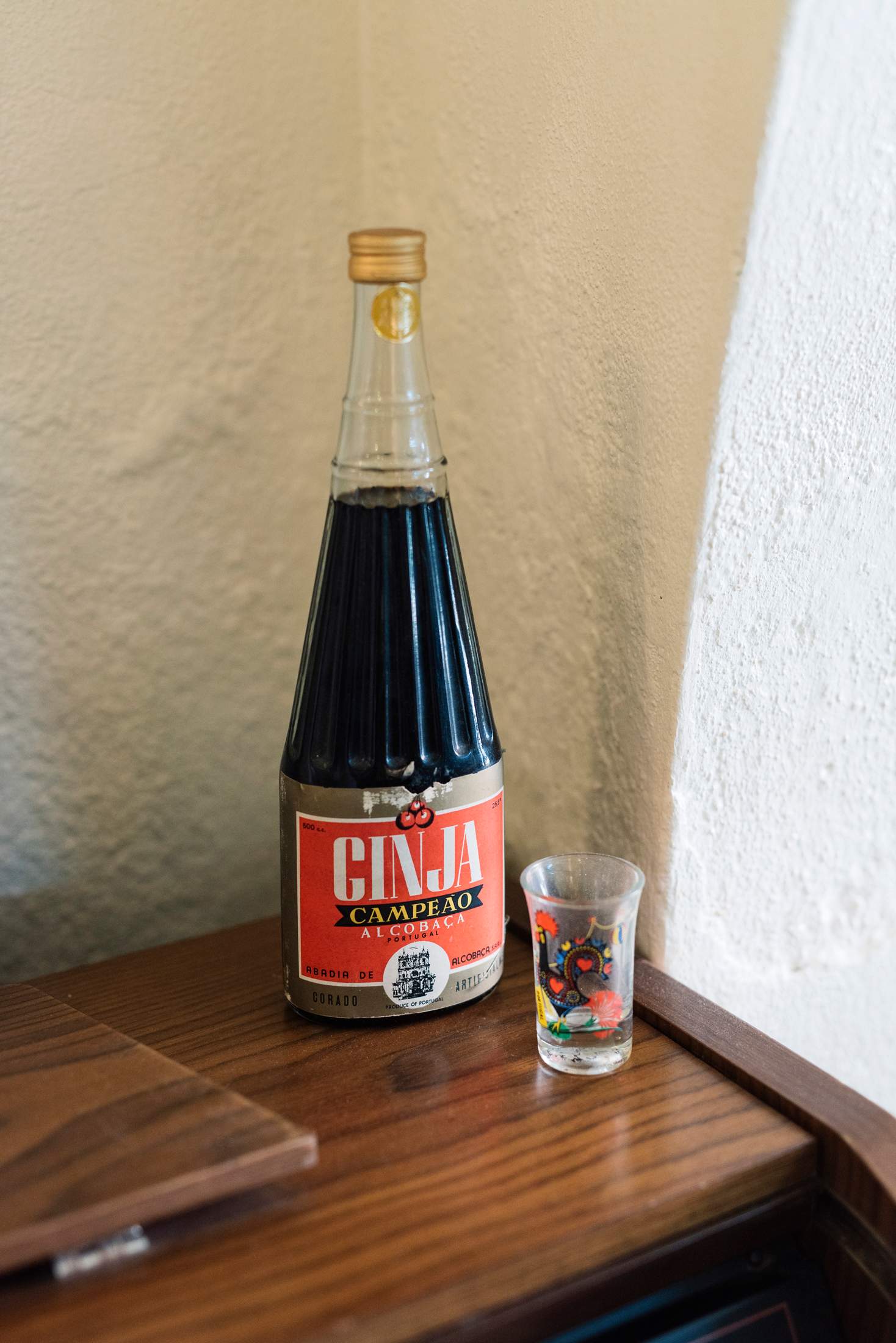
Many of the new businesses in Faro date from just before the coronavirus pandemic, a time of great optimism in the region. Now that most people feel that the worst has passed – Portugal has one of the world’s highest vaccination rates – you can once again hear the words “new project” on the lips of its inhabitants.
While the pandemic has slowed the influx of people, there is still plenty of positivity here. For entrepreneurs seeking to live well in their free time, there is a wide range of excellent restaurants, from the homely (A Venda) to the refined (Los Locos), alongside more traditional options, such as Lodo. The last of these is run by the Gião brothers, who have added three restaurants to the city in the past five years and are about to open a fourth. While the gallery and museum scene has some way to go, the city’s application to become the European Capital of Culture in 2027 has had an energising effect.
“It’s always hard when you’re trying to create something new,” says sound designer Miguel Neto, who previously lived in Barcelona for nine years. “But that’s what made me stay here. There’s still so much to do.” His wife, Lithuanian Toma Svazaite, says that Faro’s peaceful way of life, its proximity to the beach and its tight creative communities are big draws too. She also mentions projects such as Open Studios Faro, an annual event that she co-founded in which creatives open their ateliers to curious visitors. “Even I was surprised by the high number of creative people in such a small city,” says Svazaite, who launched the Gama Rama Gallery in 2020. “It’s a really nice city,” she says. “And here you have time to enjoy life.”
What to see and do:
Eat
A Venda: Time-tested recipes with an experimental twist, made using regional ingredients. The menu changes regularly. Try the lamb with caramelised pears.
60 Rua do Compromisso
Los Locos: Chef Josefina Cardeza brings together more than 20 years of travels between Argentina, Thailand and Portugal into dishes such as the tom yum of the Ria Formosa and farinheira-sausage gyoza with hot pomegranate sauce. It works too.
6 Travessa das Cocheiras
Lodo: You’ll find the delicious oysters and shellfish in this respectfully renovated 200-year-old building. The house sparkling wine is an excellent surprise.
53 Rua Conselheiro Bívar
To do
Tertúlia Algarvia: Learn how to use the traditional cataplana pan, fix up a tiborna sandwich or make bread, among other culinary experiences.
tertulia-algarvia.pt
Faro Modernist Axis: Treat yourself to an amble between Praceta Coronel Pires Viegas and Praceta Engenheiro Duarte Pacheco and take in this group of modernist buildings, which includes the impressive Casa Gago. It’s the best area to visit to get a sense of Faro’s modernist pedigree.
faro2027.eu
Shop
Gama Rama Gallery: Set in a former 17th-century palace, this cool and welcoming space offers a range of works by Portuguese painters, illustrators and jewellers.
13 Rua do Prior


